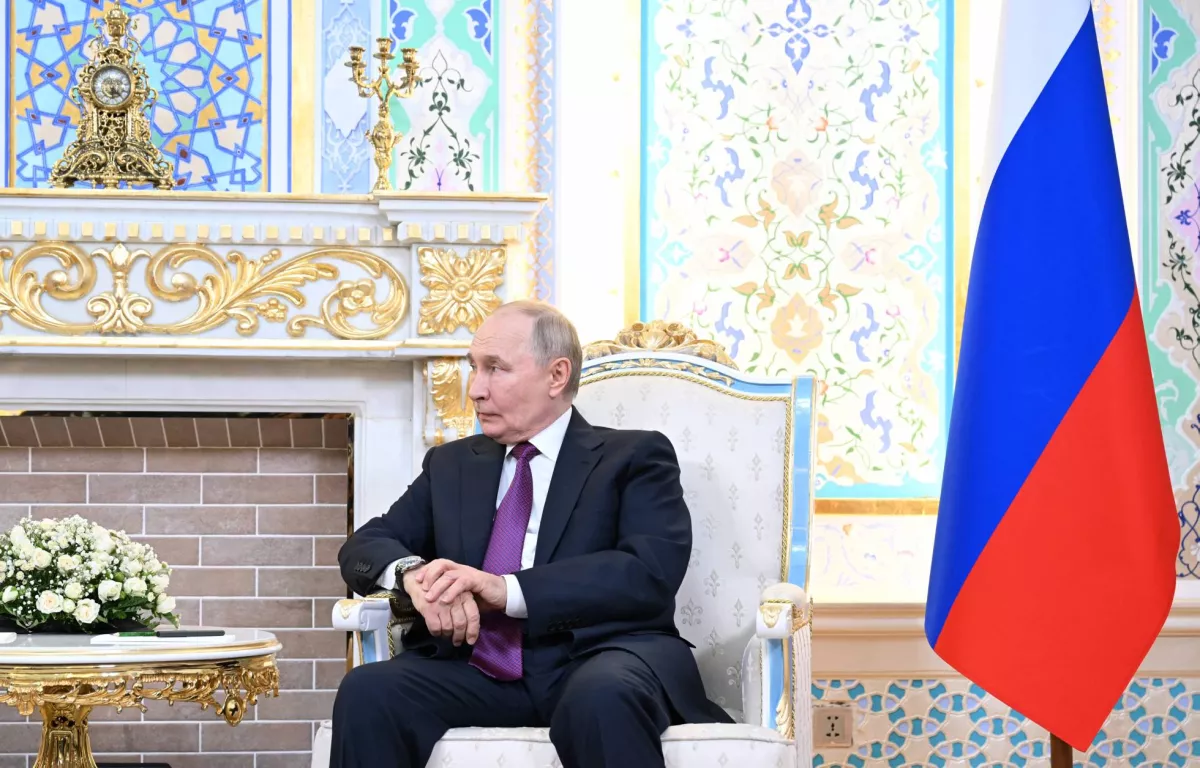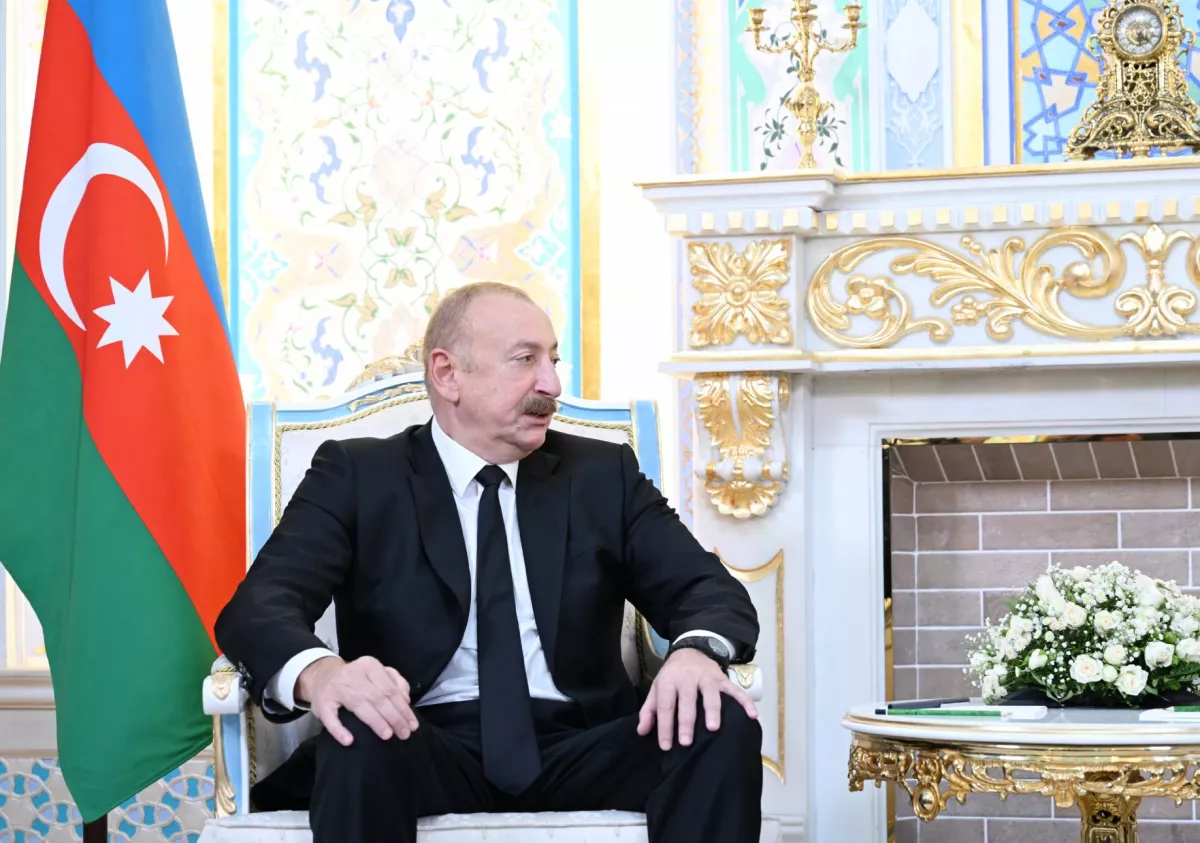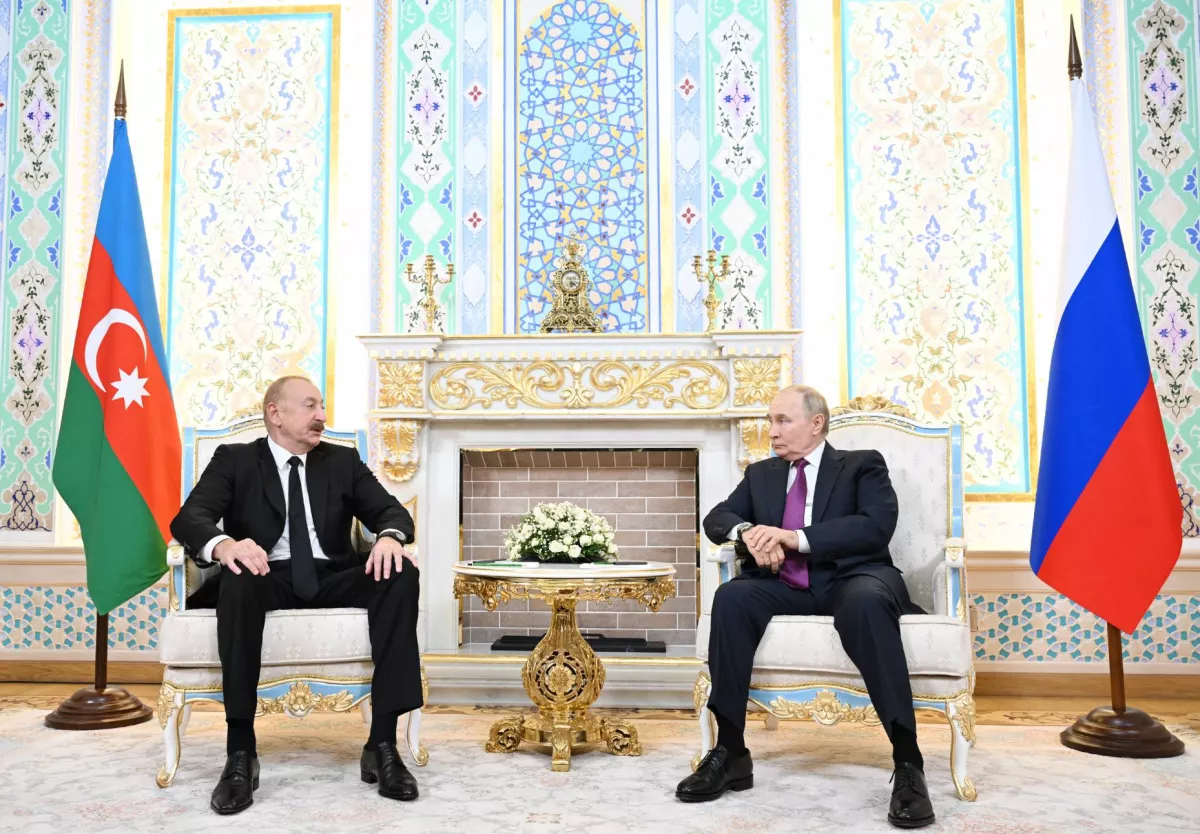Aliyev and Putin relaunch dialogue Following their meeting in Dushanbe
The meeting between the Presidents of Azerbaijan and Russia in Dushanbe marked a moment when, after months of pause and mutual caution, relations finally showed signs of returning to a practical and constructive course. Without overstating its symbolism, the encounter nevertheless highlighted a key point — both sides are ready to communicate calmly, directly, and substantively.
At the start of the talks, Vladimir Putin did something rarely seen in such public settings: he offered a detailed explanation of the causes behind the December tragedy involving the Azerbaijani aircraft. His remarks were free of the usual diplomatic ambiguity — instead, he spoke plainly about technical failures, human error, and Russia’s determination to complete a full investigation.
Putin stressed that the tragedy was the result of several contributing factors, including the presence of Ukrainian drones in the airspace and malfunctions within the air defence system. He also confirmed that Moscow would take all necessary measures — both to provide compensation and to evaluate the actions of the officials involved.
While his comments may not have covered every aspect of the issue, they conveyed an important political message: Russia does not intend to leave the matter unresolved.

“But overall, I have basically outlined to you what I was briefed on just the day before our meeting, yesterday, and the day before. Frankly, I even called Moscow last night and asked if there were any additional details. I have told you practically everything I know,” Putin said during the meeting.
The Azerbaijani president thanked Vladimir Putin for the meeting and for the information provided, recalling that from the very beginning of the tragedy, the two sides had maintained direct contact. He noted that Baku had never doubted that the investigation would be conducted objectively.

Both sides emphasised that economic ties had not suffered as a result of recent tensions. Moreover, according to Putin, trade turnover had increased by more than 16 percent — evidence that the practical mechanisms of cooperation remain intact. Aliyev, in turn, noted that the “roadmaps” for key areas of collaboration are being implemented consistently, without disruptions or setbacks. Thus, the fundamental foundations of Azerbaijani-Russian relations remain stable despite occasional political frictions.
The context of the meeting was far from simple. Following the events of December, familiar figures in the Russian media space — apparently acting on cues from certain circles within the establishment — tried to portray relations between Baku and Moscow as being in deep crisis. The rhetoric of pro-Armenian commentators such as Simonyan, Solovyov, Zatulin and others created a loud, emotional backdrop. Official Baku, however, showed restraint and refrained from reacting to the provocations of these biased voices. As a result, both sides approached the meeting with the understanding that prolonging tensions served the interests of neither.

Judging by their rhetoric, both Putin and Aliyev placed emphasis not on symbolism, but on the very fact of the conversation itself — as a means to restore relations to a more stable and predictable format. Russia made it clear that it is interested in continuing the dialogue and provided information on the progress of the investigation into the Azerbaijan Airlines (AZAL) plane crash. Azerbaijan, for its part, indicated its readiness to maintain this dialogue — provided it is built on mutual respect and equality.
In a sense, the meeting in Dushanbe became a turning point. It demonstrated that movement is possible: slow, without grand gestures, yet directed towards normalisation. Azerbaijani-Russian relations, having gone through a period of tension, still retain the potential for recovery. It should not be idealised, but neither should it be dismissed prematurely. There remain many sensitive issues between Baku and Moscow, yet there is also an understanding that geography, history, and shared interests oblige both sides to keep the dialogue going — even when that dialogue is not easy.








